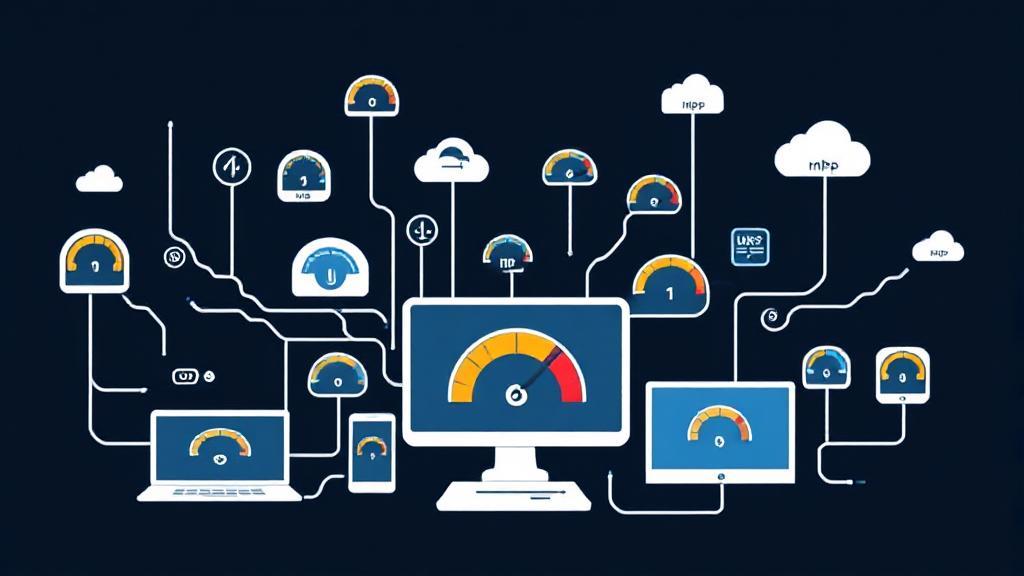Understanding Mbps and Why It Matters
Mbps (megabits per second) measures how quickly data travels between your device and the internet. Higher numbers indicate faster speeds for downloading, streaming, and uploading content. The importance of Mbps is reflected in various online activities:
- Streaming: Higher Mbps enables smoother streaming of high-definition content
- Gaming: Online gaming requires stable connections to avoid lag
- Video Conferencing: Platforms like Zoom and Microsoft Teams need sufficient bandwidth
- Downloading and Uploading: Faster speeds reduce file transfer times
Basic Speed Requirements
Light Usage (10-25 Mbps)
Perfect for:
- Basic web browsing
- Email checking
- Social media scrolling
- Standard definition video streaming
- Single user households
Medium Usage (50-100 Mbps)
Ideal for:
- HD video streaming
- Video calling
- Online gaming
- 2-4 person households
- Multiple devices
Heavy Usage (200+ Mbps)
Recommended for:
- 4K video streaming
- Large file downloads
- Smart home devices
- 5+ person households
- Remote work/learning
Common Activity Requirements
| Activity | Minimum Speed |
|---|---|
| 1 Mbps | |
| HD Streaming | 5-8 Mbps |
| 4K Streaming | 25 Mbps |
| Gaming | 15-25 Mbps |
| Video Calls | 1.5-3.5 Mbps |
Calculating Your Needs
To determine your ideal internet speed, follow these steps:
- List all devices that will be connected to the internet
- Identify the activities each device will be used for
- Estimate the Mbps required for each activity
- Add up the Mbps for all devices and activities
Example Calculation
For a household with:
- 2 people streaming HD video (5 Mbps each)
- 1 person gaming online (6 Mbps)
- 2 devices browsing the web (2 Mbps each)
Total needed: [(2 × 5) + 6 + (2 × 2) = 20 Mbps]
Factors Affecting Speed
Hardware Limitations
Your router's capabilities and device specifications can impact actual speeds. Consider upgrading older equipment to maximize performance.
Network Congestion
Signal strength decreases with distance. Position your router centrally and consider mesh networks or WiFi extenders for larger spaces.
Testing and Optimization
Visit Speedtest.net or Fast.com to check your current internet speed. Run tests at different times of day for accurate results.
Tips for Optimization
- Use ethernet connections for critical devices
- Regularly update router firmware
- Implement quality of service (QoS) settings
- Consider upgrading to WiFi 6 compatible devices
Choosing the Right Plan
When selecting an internet plan, consider:
- Cost and budget constraints
- Service provider reliability
- Customer support quality
- Future needs and scalability
- Promotional deals and bundles
For more detailed information, visit the FCC's Broadband Speed Guide or check specific requirements for services like Netflix and YouTube.
